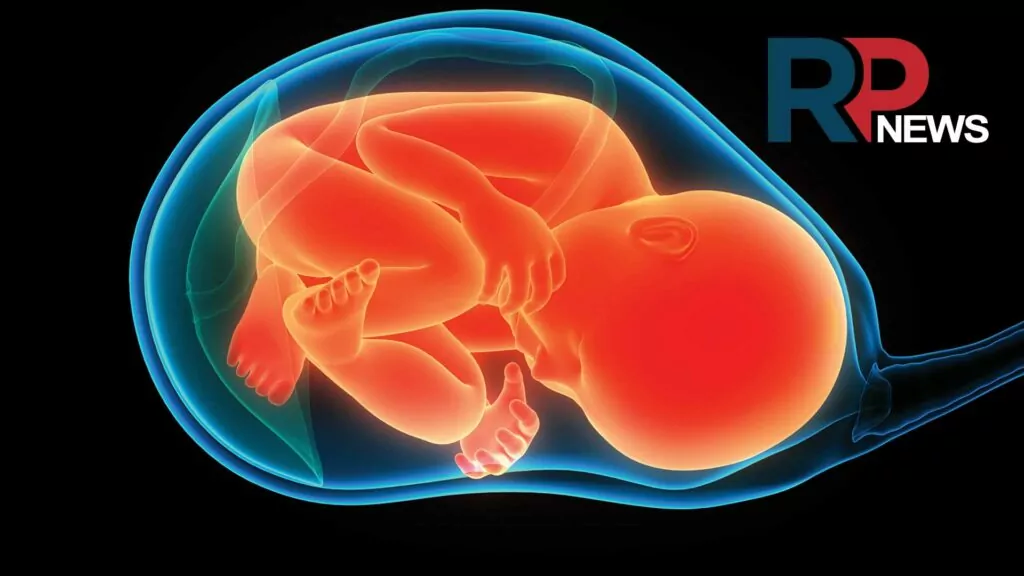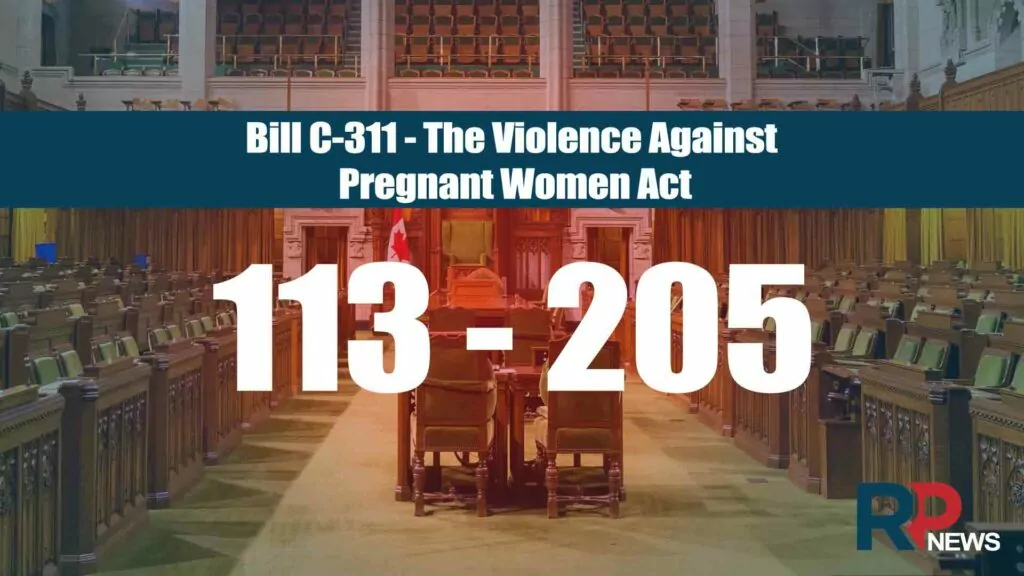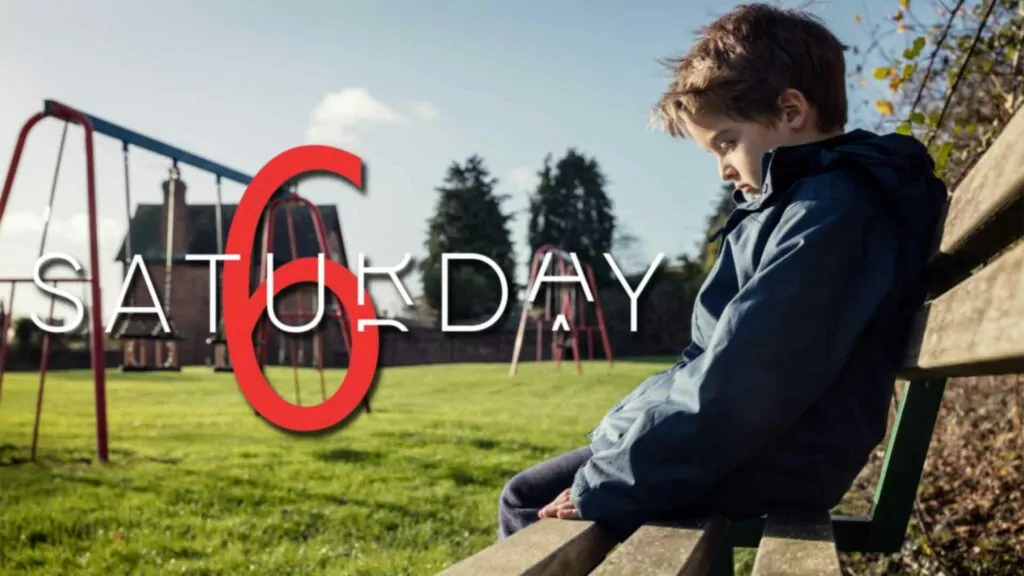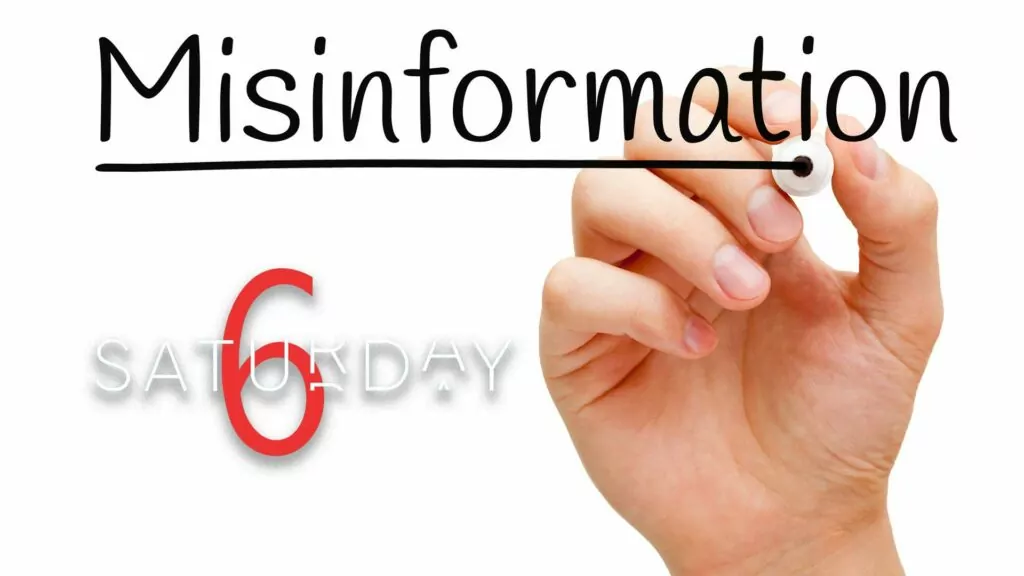
News
Peace, peace? Will the CRC be lulled into losing their way?
Is there a spiritual war going on behind the scenes in the Christian Reformed Church? Oh yes, says member Phil Reinders, in a June 5 column in the Christian Courier, published just before this year’s synod.
“…the Church is being played. We are unaware of a larger battle going on, one not against flesh and blood, but against the powers and principalities. …there is a spirit of the age that is binding and blinding the church…”
Those familiar with the CRC will recall that 2022’s synod formally adopted a “Human Sexuality Report” reaffirming homosexuality as sinful. This year’s synod has confirmed it yet again. However, after taking these two steps forward, the denomination’s Calvin University took one big step back, granting every faculty member who filed a “gravamen” – a formal statement of disagreement – with Synod’s decision, their approval for continued employment. Synod 2023 pushed to 2024 a decision that might have challenged the university’s decision.
So Phil Reinders’ warning might have us respond with a hearty “Amen,” and “Preach it brother!” Can’t the CRC leadership see that freeing erring university professors to continue influencing the next generation is a good way to turn this recent victory into a long-term defeat?
But sadly, Reinders isn’t cautioning against a CRC slide into sexual lawlessness. Nope, he is worried about how making big of sexual orthodoxy might cause division in the church.
“Our best witness to the world won’t be a particular stance on sexual ethics, whatever your position might be. At any time, but certainly in this moment of fracture and antagonism, the church’s best witness is a practiced unity in the body of Christ…”
He cites Scripture passages such as James 3:17-18 and Ephesians 4:3 which praise peace and peacemakers. He’s preaching unity.
Above all.
What God has said about what is good and best for everyone when it comes to sexuality, and being created male and female, and husbands’ and wives’ roles in marriage, all of that doesn’t matter. Not if it disrupts unity.
For those of us on the outside looking in, it’s worth considering how an appeal for unity – which God Himself encourages us towards – can be used to oppose God. When anything, even the best of things like love, unity, and truth, are presented as the ultimate good, they become not a means to worship God, but a replacement for Him – this is unity as an idol.
Just consider what this sort of unity would look like. CRC members are being asked to tolerate those who differ and we know what it would look like on the one side: practicing homosexuals being elevated to positions as elders and deacons and pastors, couples getting “married” in the church, and their relationships celebrated. Tolerance would mean homosexuals being loud and proud about their sexuality inside their local congregations. Anything else wouldn’t respect who they are.
And what of those on the other side? What of those convinced that God condemns homosexuality, and that gay “marriages” are two people dangerously committing themselves to ongoing rebellion against their Maker for as long as they both shall live? Will the orthodox side be tolerated if they speak their piece during the “any objections” part of the ceremony? Will they be tolerated if they won’t stop pleading for their homosexual friends to repent and turn back to the God Who knows what is the very best for them?
No. We know better. They’ll be told to be respectful. Be loving. And be quiet.
Jeremiah warned against those who preached “peace, peace when there is no peace” (Jeremiah 6:14, 8:11). Sometimes battles are unavoidable. The unity on offer here is only a trick that will be used to silence God’s truth about sexuality in the CRC… just as our culture most desperately needs to hear that truth from the church. And Phil Reinders is either preaching this impossible unity in ignorance, or, like he said, “the Church is being played.”






























